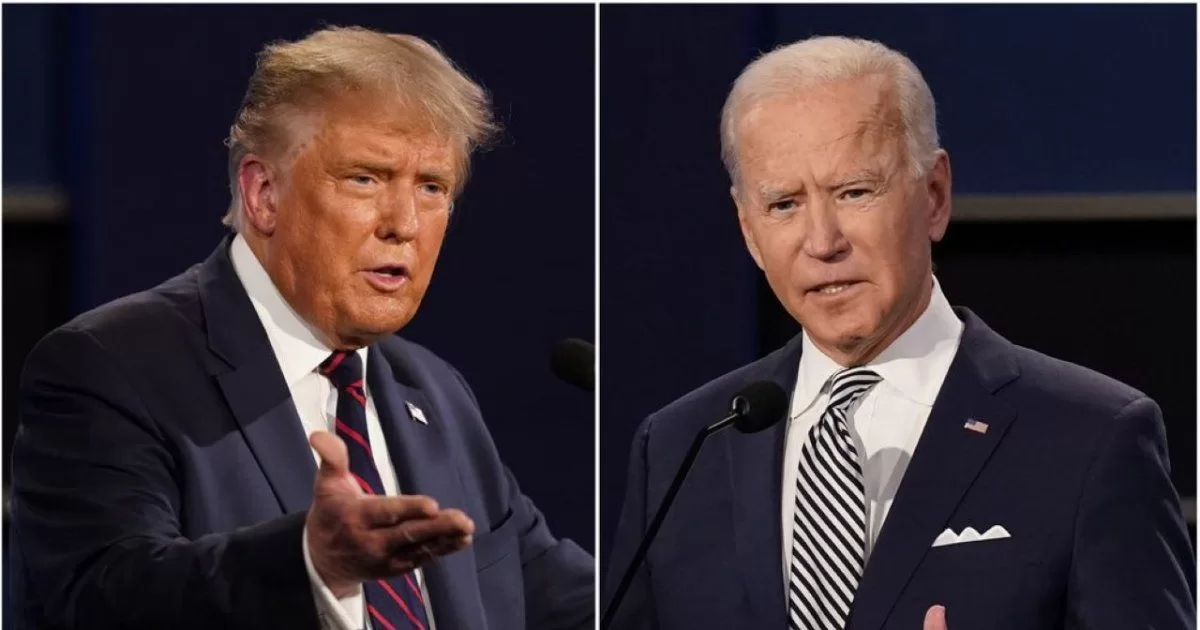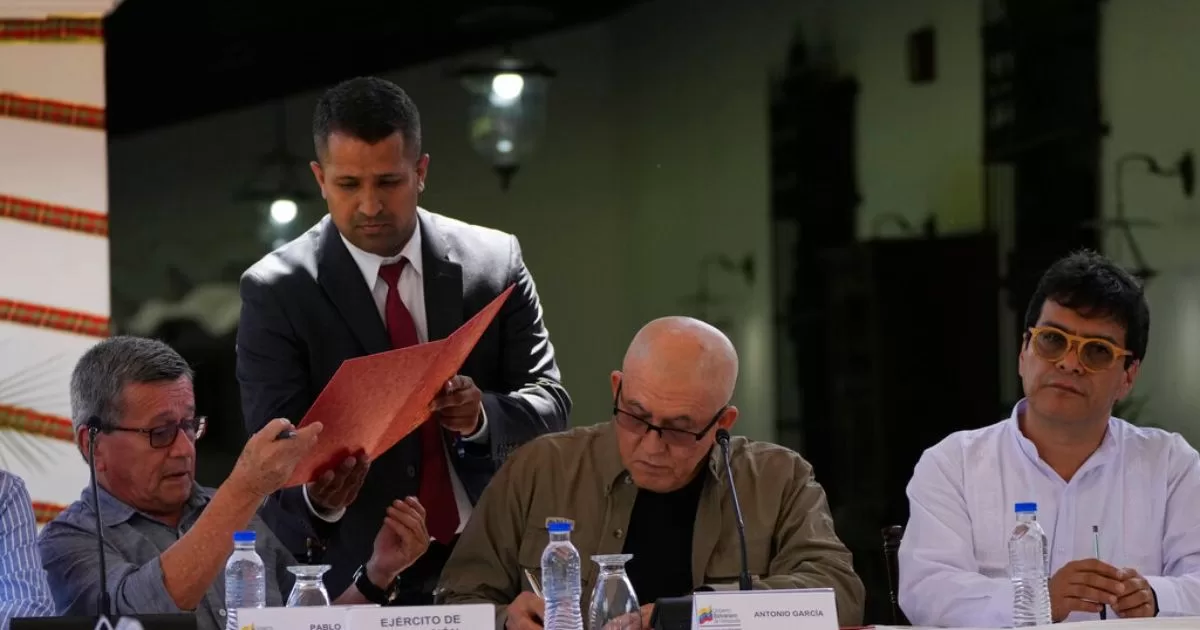The debates between the candidates for the US presidency are always in the spotlight of the Hispanic media. Special coverage with presenters and analysts seeks to break down the content of the dialectical fight in what most affects the minority made up of more than 63 million people, 19.1% of the country’s total population.
In the next elections, the Hispanic vote will be, if possible, more important than previous contests. According to the Pew Research Center in 2022, some 34.5 million Hispanics were eligible to vote in the US. By 2024 this number is expected to grow. The number of voters is still uncertain since many of those who are already citizens are not registered to vote and some who are currently residents still have time until June to achieve citizenship. In this election, thousands of new young voters aged 18, 19 and 20 will also be key.
In those debates between candidates, which at this time everything indicates that they will be Joe Biden and Donald Trump, broadcast by Univision and Telemundo, references to our countries of origin are sought, but most of the time it is frustrating. Some reference to immigration and perhaps something related to the drug problem and Mexico. But they never discuss how to address the problem with the Cuban dictatorship, how to stop Ortega or whether sanctions are efficient in causing a regime change in Venezuela.
It is shocking because Hispanics settled in the US and with the right to vote, in our daily conversations we talk about our countries and how the White House should manage the relationship with them to bring about the desired changes. Finally, the little mention in the debates means that the Republican or Democratic administration does not value as a priority having a solvent and clear policy that helps Latin American countries to abandon the pendulum of radicalism to the right and left and take the path of a true democracy with respect for freedoms, human rights and the separation of powers.
Perhaps this will be the election in which the candidates take the Hispanic vote especially seriously. A recent survey of New York Times and Siena College revealed that Biden leads Trump by just 50 percent to 42 percent among Hispanic voters.
“The Latino vote has grown even more since the 2020 elections and we know that in those presidential elections the Latino vote was the difference,” he said in Latin TimeMatt Barreto, political scientist and professor of Political Science and Chicano Studies at the University of California (UCLA).
Barreto, who polls for the White House and the Democratic National Committee, added: “The states of Arizona, Nevada, Georgia and Pennsylvania are likely four of the six states that will decide the presidential election, the others being Wisconsin and Michigan. “There are huge Latino electorates in four of those six states, so the Latino vote will be more important in 2024 because it has increased in size.”
It is then confirmed that the Hispanic vote will be more important in November. According to Barreto data, it grew at a rate twice as fast as the rest of the country. In 2020 the Latino vote increased by 30% and the national electorate increased only 15%. So we expect the same trend in 2024.
Also the Annual Hispanic Public Opinion Survey, presented this Wednesday at Florida International University (FIU) in Washington DC, provided interesting data on the preferences of Hispanics when it comes to voting.
Regarding the relevance of foreign policy in the intention to vote for one candidate or another, the survey showed that 35.4% of Hispanics consider it “very important” when defining themselves.
“The sample confirms that the narrower the margins, the more important a vote like this will be,” said FIU professor Eduardo Gamarra, who highlighted that a 2% or 3% change in the Hispanic vote could have a dramatic impact on the electoral result in certain states.
The expert also addressed the issue of the evolution in the perception of migration, specifically among the Venezuelan community. He noted that, unlike other immigrant groups that take decades to reject newcomers, Venezuelans have accelerated this process.
Gamarra shared recent survey data that revealed a high level of support for the mass deportation of undocumented immigrants among Venezuelans, a change that usually takes much longer in other communities.
But if there is one characteristic that unites the Venezuelan community in the US, it is the interest and permanent focus on what is happening in their country. Many of the forced exiles are convinced that the White House policy towards their country will be key to regime change.
In the FIU sample, for example, Gamarra explains that “when we ask Venezuelans if the sanctions have worked, there is agreement with the statement that the economic sanctions have not worked and it is time to review them.”
So we are in time for the headquarters and political laboratories of Biden and Trump (if he is finally a candidate) to take note. On this occasion it is convenient for them to descend into the mud of the reality of the countries of origin of many voters who may ultimately be key to deciding an election. And if not, ask Al Gore that in 2000 he lost the presidency to George W Bush by 537 votes in Florida.



